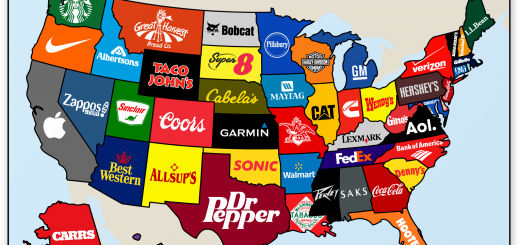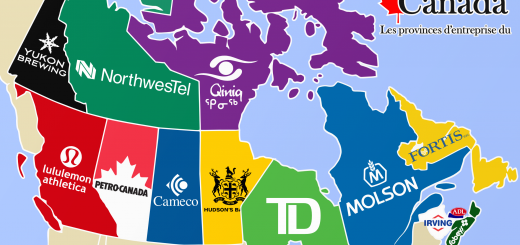Manipulation and Marketing
 All marketing involves manipulation, at least to a certain extent. After all, if you’re trying to convince someone to support your brand or buy your product, you’re going to have to tie into human emotion. But if you get too blatantly manipulate, you risk scaring off your customers. Let me tell you about my recent experience.
All marketing involves manipulation, at least to a certain extent. After all, if you’re trying to convince someone to support your brand or buy your product, you’re going to have to tie into human emotion. But if you get too blatantly manipulate, you risk scaring off your customers. Let me tell you about my recent experience.
AncestryDNA
A little while ago I signed up for Ancestry.com. I found the site pretty helpful, and I was quickly able to fill in large gaps on my family tree. But this old-fashioned kind of genealogy is an inexact science, since it’s based on scattered records and subjective information. Nowadays we have DNA testing, which allows us to empirically trace bloodlines and genomes. Ancestry.com now offers a DNA testing service, so I clicked the button to check it out.
When you click on the menu for their DNA service, Ancestry.com informs you that the service is still in beta testing and is being rolled out to select customers. Fair enough. A lot of companies do limited beta testing, so I signed up to get my name on the waiting list.
A month later I got an email saying that I had been selected for the service. Spots were limited, and I only had a week to sign up. They reiterated this point when I clicked on the link. At the top of the signup page was a timer counting down the seconds I had left to purchase this exclusive offer.
Squeezing It Into My Budget
I get paid monthly, and my budget can get pretty tight by the end of the month, but I figured I could move some money around to pay for the $99 test before the week-long offer expired. Then I found out that there was a $10 shipping and handling charge, bringing the total to $109. It wasn’t extravagant, but it was more than I was expecting. And quite frankly, I resented having to squeeze it I to my budget before my next payday.
Nevertheless, I wanted to get the DNA test, and I got all the way to the credit card processing page before taking another look at the countdown clock ticking down the seconds. I was feeling stressed and manipulated, and while I was willing to pay $99 (plus shipping) for a DNA test, I didn’t like being pushed into it. So I closed the payment page and decided against the service.
Urgency and Manipulation
Ancestry.com’s DNA testing page claims that, since this is a new service, they don’t have the resources to open it up to the general public. This argument ignores basic economics. If you’ve got three employees and 10,000 customers, you take their money and hire more people. And if you don’t have the money to hire more people, you raise prices, lowering demand and increasing supply. Letting more people participate makes good economic sense, and it makes good scientific sense too. Genetic testing relies on aggregate data, so as more people participate, the service should become more accurate. By this logic, it makes more sense to wait.
Perhaps that’s the real reason for the artificial urgency. They need people to be guinea pigs till they calibrate their data, so they make it seem like a once in a lifetime offer. That way they can hook people before they can give it a second thought. If this is the case, it still lessens my respect for the company. I just can’t give in to such blatant manipulation.








2 Responses
[…] it comes to marketing, sales and advertising, there is but one cardinal rule: nobody cares about you. It’s harsh, […]
[…] happens when a user interface is worse for consumers and better for companies? The temptation to manipulate things for the worse is far too strong for many companies to […]